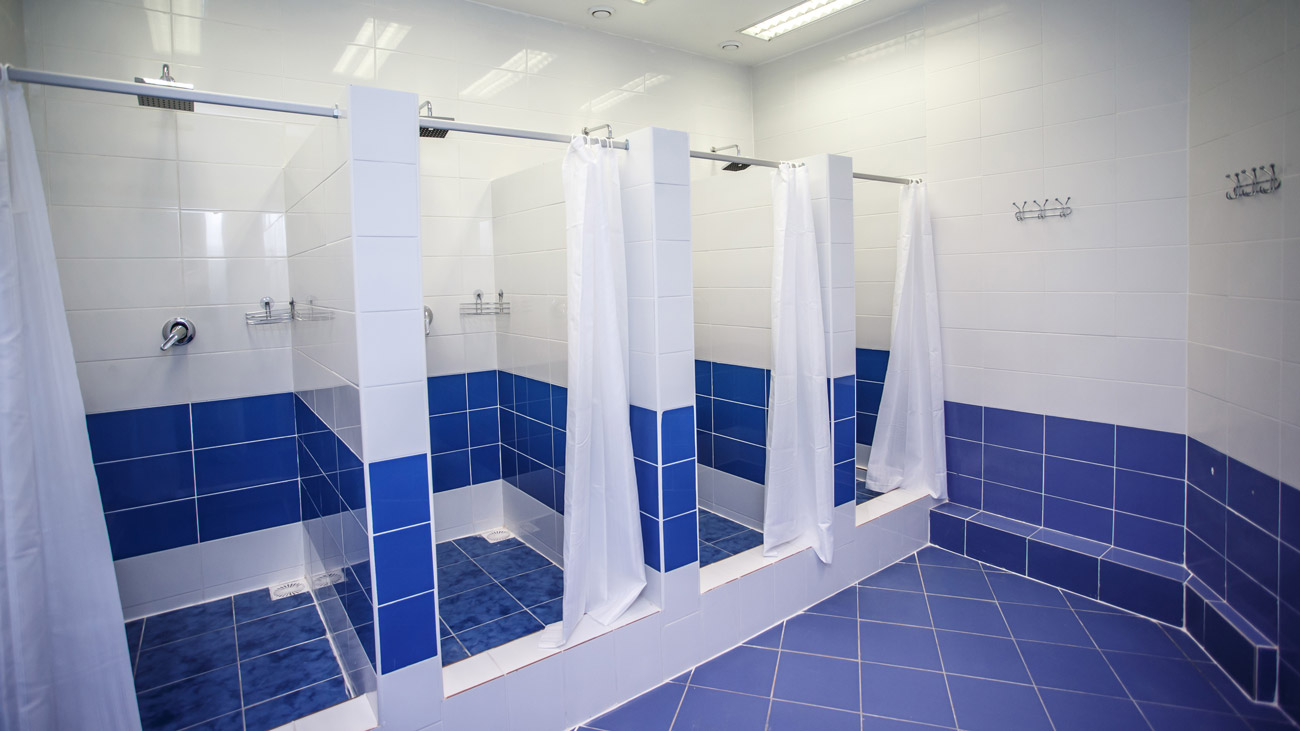
Water systems at risk of Legionella as heat rises
Employers and premises managers are being warned of the importance of being mindful of the impact hot weather can have on the presence of Legionella in water systems.
Says Compliance for Landlords:
“Legionella thrives at temperatures between 20°C and 45°C, so when the weather hots up it can raise the ambient temperature of stored cold water. It’s important to check temperatures during spells of warm weather and if your thermometer reading is on the rise invest in improved insulation on pipes and tanks. This will help to regulate and reduce the temperature even on very hot days. Remember, heat rises so loft spaces can get particularly warm during a heat wave. Alternatively, if your water storage tank is outside make sure it isn’t in direct sunlight by installing an adequate shade.”
Legionella bacteria are widespread in natural water systems, e.g. rivers and ponds. However, the conditions are rarely right for people to catch the disease from these sources. Outbreaks of the illness occur from exposure to Legionella growing in purpose-built systems where water is maintained at a temperature high enough to encourage growth, e.g. cooling towers, evaporative condensers, hot and cold water systems and spa pools used in all sorts of premises (work and domestic).
People contract Legionnaires' disease by inhaling small droplets of water (aerosols), suspended in the air, containing the bacteria. Certain conditions increase the risk from Legionella if:
- The water temperature in all or some parts of the system may be between 20-45 °C, which is suitable for growth.
- It is possible for breathable water droplets to be created and dispersed e.g. aerosol created by a cooling tower, or water outlets
- Water is stored and/or re-circulated.
- There are deposits that can support bacterial growth providing a source of nutrients for the organism e.g. rust, sludge, scale, organic matter and biofilms.
As an employer, or a person in control of the premises, you are responsible for health and safety and need to take the right precautions to reduce the risks of exposure to Legionella. You must understand how to:
- Identify and assess sources of risk.
- Manage any risks.
- Prevent or control any risks.
- Keep and maintain the correct records.
- Carry out any other duties you may have.
A plastics manufacturing company has this month been fined after it put workers and the public at risk of being infected with the potentially deadly bacteria. The HSE investigated Riaar Plastics Limited after members of the public became infected with Legionnaire’s disease in September 2020. Five people were infected with the potentially deadly lung infection. One person was taken to intensive care and put on a ventilator after being infected.
Riaar Plastics Limited was fined for failing to manage the risk of Legionella. The HSE found the water-cooling towers inherited by Riaar Plastics Limited at its site were in an extremely poor condition. This allowed Legionella bacteria to grow in the water-cooling towers and pipes, exposing employees and members of the public to risks of significant ill health.
The company pleaded guilty to breaching Section 2(1) and 3(1) of the Health and Safety at Work etc. Act 1974. It was fined £50,000 and ordered to pay £11,000 in costs at Birmingham Magistrates’ Court on 2 June 2023.
This prosecution was led by HSE principal inspector Jenny Skeldon and HSE senior enforcement lawyer Kiran Cassini.
Jenny Skeldon said:
“The condition of the cooling towers at this site was the worst I had ever seen. The Legionella exposure risk to employees, site visitors, neighbouring duty holders and members of the public was extreme in nature. Exposure to Legionella can cause death or serious illness where water cooling systems are not been managed effectively. It is really important that proactive management of the risk from Legionella bacteria is taken seriously. There are well publicised and simple precautions for companies to take, and if followed, will ensure that employers manage and control the risk.”
In-depth HSE guidance on Legionella and Legionnaires Disease is available here.
International Workplace's Legionella Awareness training course ensures your organisation meets the Approved Code of Practice (ACoP) and guidance for Legionnaires disease, and the control of Legionnaires bacteria in water systems. Learners will leave this course with a thorough understanding of their responsibilities and how to manage the risks associated with Legionnaires disease. Find out more here.




